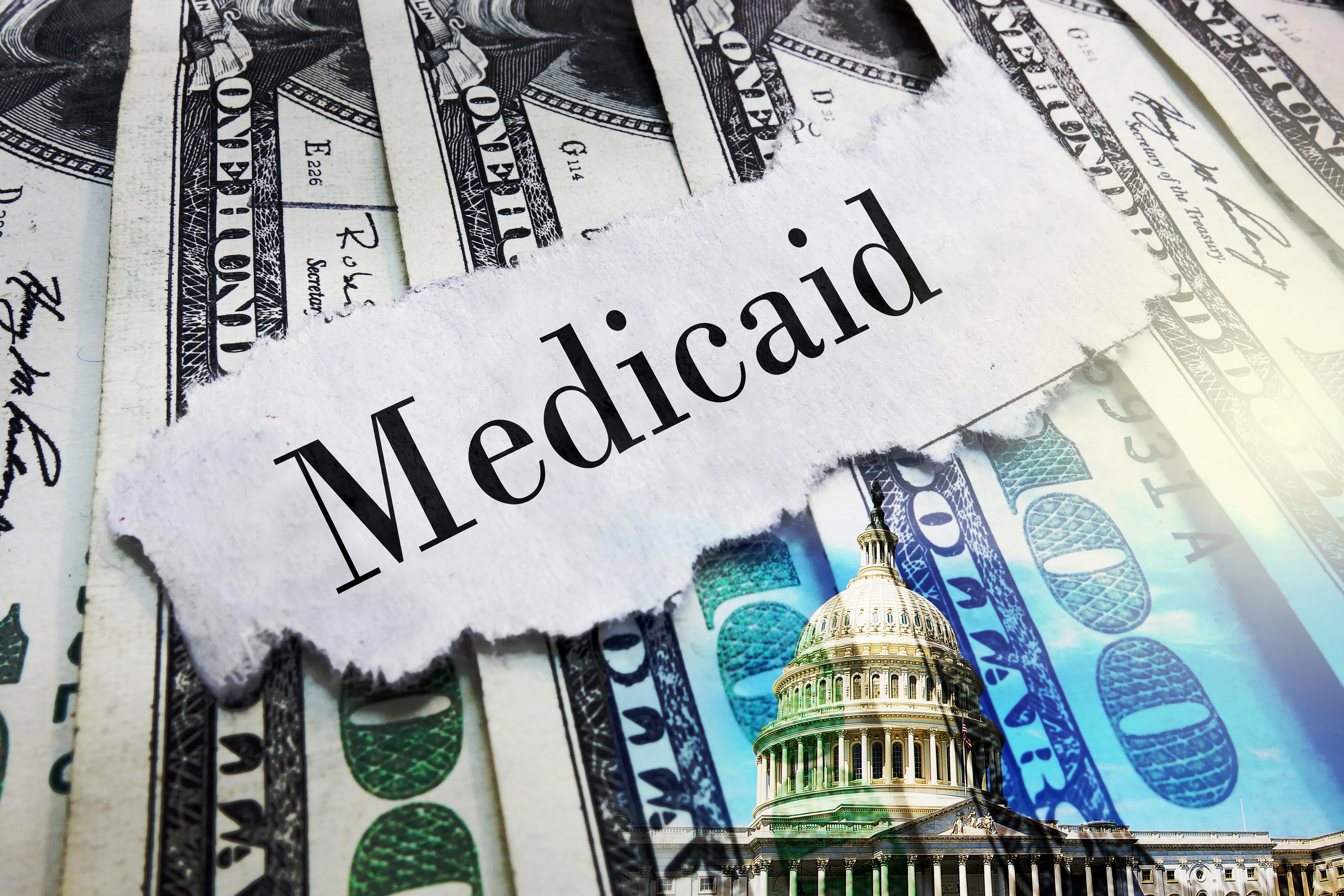
Recognizing the Signs: A stroke survivor's journey to raise awareness
(Georgia News Connection) Strokes are a leading cause of death in the United States, making it crucial to know the signs and symptoms, especially with time being of the essence and challenges such as hospital closures and doctor shortages being prevalent in the rural state.
Even though strokes typically occur in individuals aged 65 or older, Meghan McKee, at just 31 years old, defied the common perception of a stroke victim. With her healthy lifestyle, she was taken aback one Saturday afternoon while watching a movie with her husband. Now, after recovering, she aims to inspire others to recognize the signs and seek help.
"I went to go grab a glass of water and my left hand just slapped the table and then I tried to stand up and I couldn't walk because my leg was very weak, and my husband looked at me and he said the left side of my face was drooped down," she said. "My smile was not symmetrical."
McKee considered herself fortunate as her spouse swiftly dialed 911, thanks to the crucial role of education, which enabled him to swiftly detect an emergency and respond, resulting in McKee getting the assistance she needed within just 10 minutes.
Dr. Sheryl Martin-Schild, stroke medical director at Touro Infirmary and CEO of Doctor Brain, said recognizing the signs of a stroke can be challenging because they can sometimes be subtle and easily overlooked. She suggests using the acronym BE FAST, which stands for Balance, Eyes, Face, Arm, Speech, and Time, to help identify symptoms. If there are sudden changes in these areas could indicate a stroke, and dialing 911 in a timely manner can make a huge difference in saving a life. Martin-Schild highlights the best way to prevent a stroke is to know the risk factors.
"And there are some risk factors that you can't do anything about but there are many risk factors that you can modify and lower the risks so it's really important to work with a primary-care provider to recognize if you are having high blood pressure, high cholesterol, heart rhythm disturbances like atrial fibrillation, diabetes," she explained.
According to the Centers for Disease Control and Prevention, lifestyle changes such as maintaining a healthy diet, managing weight, limiting alcohol consumption, avoiding smoking and working with a health-care professional to control medical conditions can help prevent strokes.
















